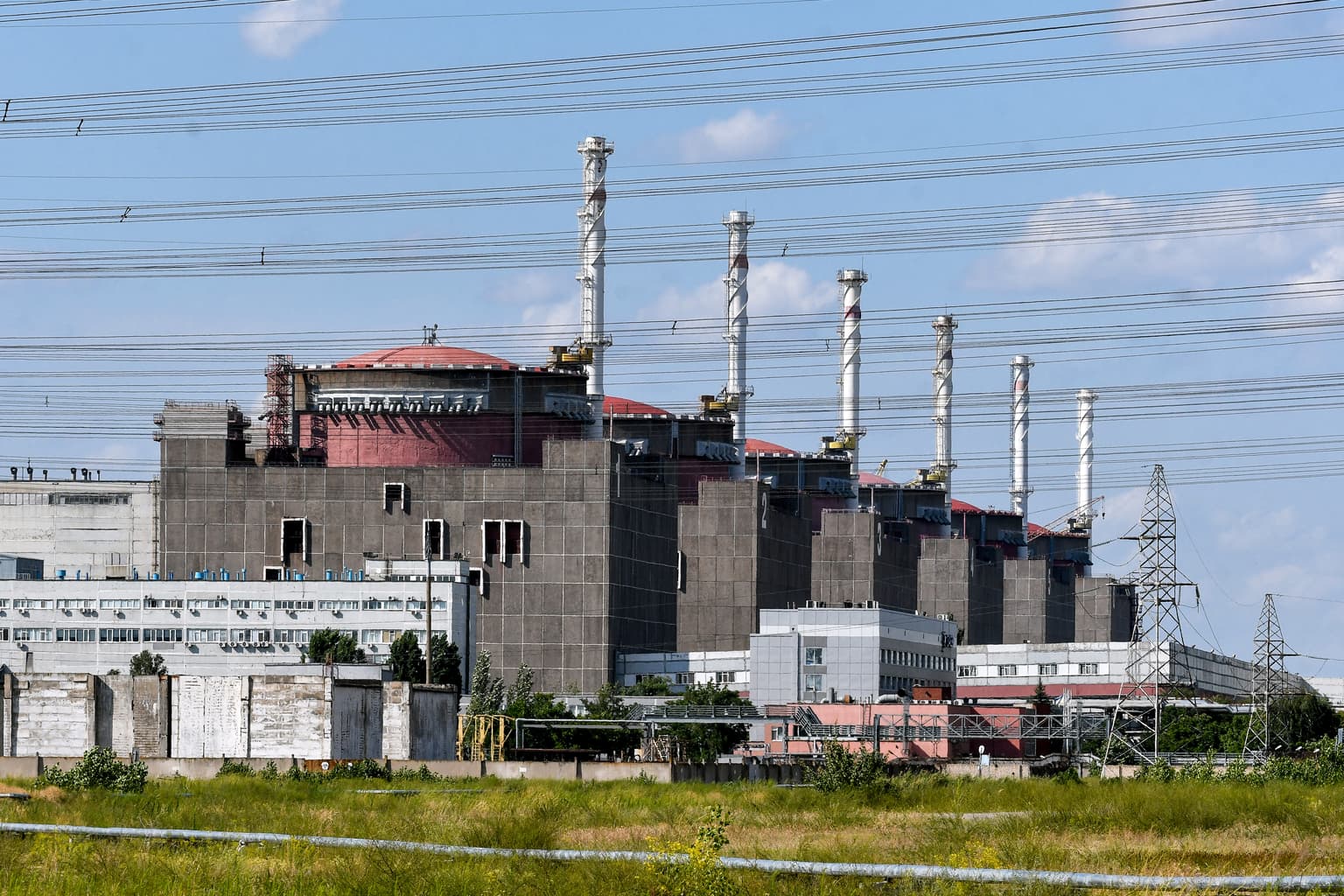Zaporizhzhia nuclear power plant facing 'critical' situation after weeklong outage, Zelensky warns

Editor's note: This article has been updated to reflect a statement from Rafael Grossi, the head of the International Atomic Energy Agency.
President Volodymyr Zelensky said on Sept. 30 that the Russian-occupied Zaporizhzhia Nuclear Power Plant has been cut off from the electrical grid for seven consecutive days, the longest such outage since the start of the full-scale war.
"It is now the seventh day – by the way, it is something that has never happened before – of an emergency situation at the Zaporizhzhia Nuclear Power Plant. The situation is critical," Zelensky said in his evening address.
The president warned that the facility, Europe’s largest nuclear plant, is relying solely on diesel generators to keep safety systems functioning after Russian strikes severed its external power lines. Located in the Russian-occupied city of Enerhodar on the Dnipro River, the plant sits close to the front line.

"The generators and the plant were not designed for this, and have never operated in this mode for so long. And we already have information that one generator has failed," he said.
Zelensky accused Moscow of obstructing the repair of the power lines through continued shelling, adding: "And this is a threat to absolutely everyone. No terrorist in the world has ever dared to do to a nuclear plant what Russia is doing right now." He said he had ordered Ukraine’s government and diplomats to bring international attention to the crisis.
Russia, which seized the plant in 2022, claimed last week that it has been providing backup power since an attack it blamed on Ukraine. The six reactors have been shut down since Moscow’s occupation, but the facility still requires electricity to maintain cooling and prevent a nuclear incident.
In a statement issued by the International Atomic Energy Agency (IAEA), chief Rafael Grossi said that the U.N. agency is "in constant contact with the two sides with the aim to enable the plant’s swift re-connection to the electricity grid."
"While the plant is currently coping thanks to its emergency diesel generators – the last line of defence – and there is no immediate danger as long as they keep working, it is clearly not a sustainable situation in terms of nuclear safety," Grossi added.
The administration of the occupied plant has told the IAEA that it has been unable to carry out repairs due to ongoing hostilities in the area.
The EU has called upon Russia to "immediately cease all military operations around the nuclear plant" and enable the repairs. In a Sept. 30 statement, the bloc's diplomatic service denounced Russian occupation of the plant as illegal and urged Moscow to withdraw its forces.
The Zaporizhzhia plant has faced repeated safety concerns since Russia’s invasion, including power outages, shelling in the vicinity, and staffing shortages.











